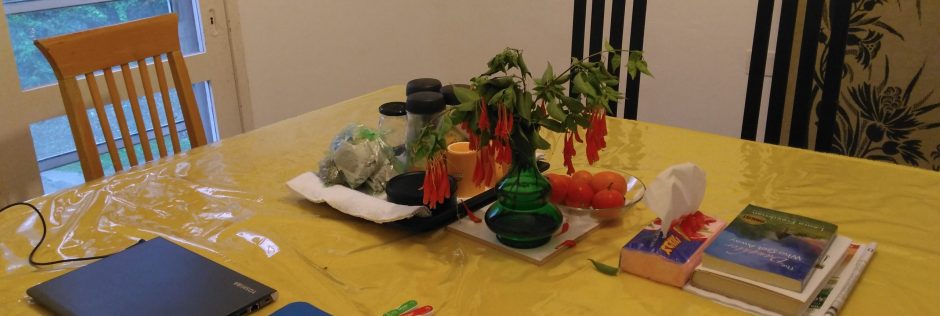 There was a tradition of being committed to something important outside the family. For example, Joseph was president of HIAS between the two world wars and was always out at meetings trying to save Europe’s Jews. He even traveled to Washington to tell the US government it had nothing to fear from Jewish refugees, though he did not gain Washington’s mercy. Joseph’s children, Flora and Edwin, lived safely in Brooklyn and wanted a dog. Joseph said no, as he disliked and even feared dogs. The children pleaded but he would not relent. “It’s either me or the dog,” he told them. They thought it over and came back to him with their decision. “We’ll take the dog,” they said, “since you’re never at home. The dog will always be at home.”
There was a tradition of being committed to something important outside the family. For example, Joseph was president of HIAS between the two world wars and was always out at meetings trying to save Europe’s Jews. He even traveled to Washington to tell the US government it had nothing to fear from Jewish refugees, though he did not gain Washington’s mercy. Joseph’s children, Flora and Edwin, lived safely in Brooklyn and wanted a dog. Joseph said no, as he disliked and even feared dogs. The children pleaded but he would not relent. “It’s either me or the dog,” he told them. They thought it over and came back to him with their decision. “We’ll take the dog,” they said, “since you’re never at home. The dog will always be at home.”
The whole idea was to come to America and live a good life in freedom. This meant sending the children to university, which Jews were not allowed to do in Russia. Flora not only learned Hebrew and Talmud at the Jewish Theological Seminary, but also English literature at Adelphi, and her parents were proud of her. She always felt that her brother’s education mattered more to Joseph and Charlotte, though.
Flora had plans to get a master’s degree at the Hebrew University in Palestine. But suddenly she met Morris Feuerstein, the love of her life. Morris had already emigrated from Russia to America and didn’t want another change. “Go to Palestine,” he urged her. They became engaged, and he gave her a ring which would not stand out in Palestine, where people were poor. Instead of a diamond, the ring had a milky blue sapphire with a white star inside. It was 1929, and Jews were being attacked and murdered in Palestine. Also, Flora’s heart had been broken on a previous stay in Tel Aviv and she thought, when else will I meet a man as lovely as Morris? So she stayed in Brooklyn and enrolled at Columbia.
Before long, Flora had almost finished her dissertation on Walt Whitman’s views of the education system. Her father warned her: “Don’t get married until you’ve finished your dissertation, otherwise you’ll never finish it.” But she did marry Morris with Whitman undone, and she went to teach high school. Babies were born, Joseph grew old and ill, and the dissertation was still not finished. Eventually Flora had five men in her life, all living with her in an old brownstone in Brooklyn. There were Joseph, Morris, and their three sons, in addition to Walt Whitman always lurking in the background, wanting attention. But what could she do for Whitman? Her mother had passed away. There were her students, a marriage, children to be cared for, and an elderly father who was now always at home.
She was never much of a housewife, though she tried to cook for Morris. “I know you love your husband,” said Joseph, “but you don’t need to bring him burnt offerings.” Eventually they hired a cook so Flora could attend to Whitman in the late afternoons. She closed the study door and told the boys not to disturb her, no matter what. “Pretend I’m not at home,” she said. Once, a neighbor called to report smoke coming from their window, which turned out to be her sons’ chemistry experiment. The children also had happy times leaping off the balcony at the top of the high circular staircase, down onto a pile of cushions on the first floor.
One morning, as Flora was hurrying out to teach school, carrying the garbage with one hand and holding her briefcase with the other, she looked down at her feet and noticed that she had a blue shoe on one foot and a brown shoe on the other. At that moment, she realized there was something impossible about her life. She never abandoned any of the men, though, and eventually her dissertation was finished. There was just one last obstacle caused by the man hired to type it. As she was about to turn in the final copy to her committee, she saw that the typist had rewritten her argument. He thought he knew more about Whitman than Flora did.
Copyright © Leora Freedman 2014
***If you have something to say, or a story to share, our comments page is the place to leave it!
 Copyright secured by Digiprove © 2014 Leora Freedman
Copyright secured by Digiprove © 2014 Leora Freedman 
